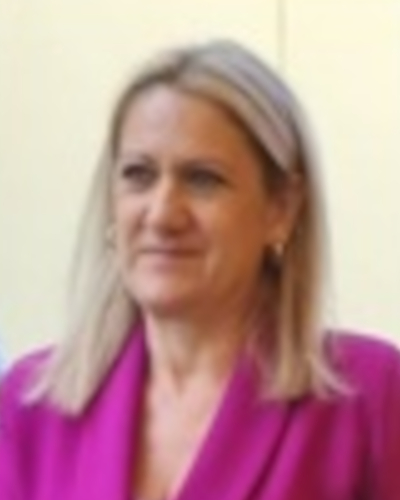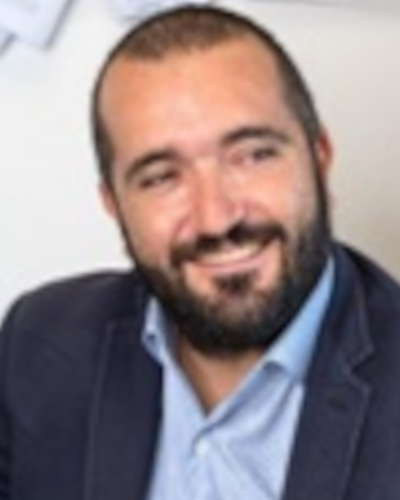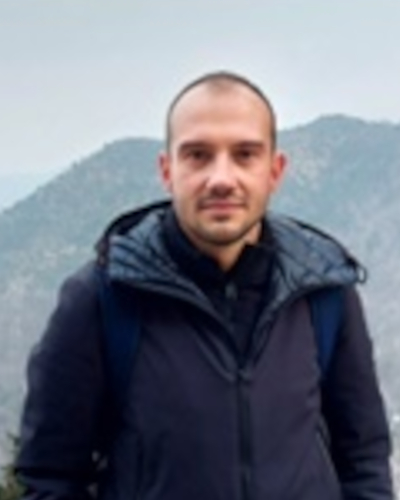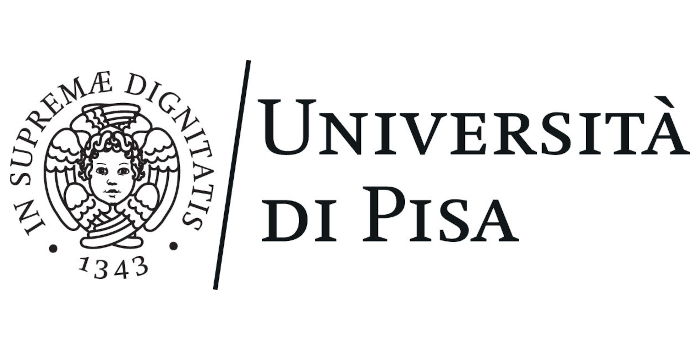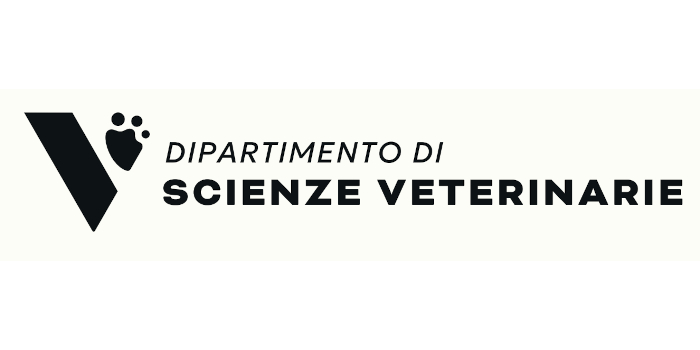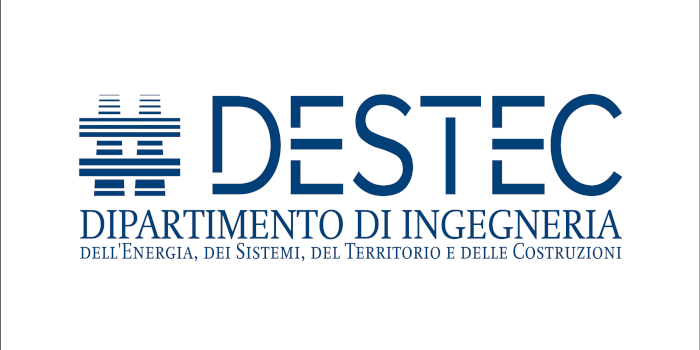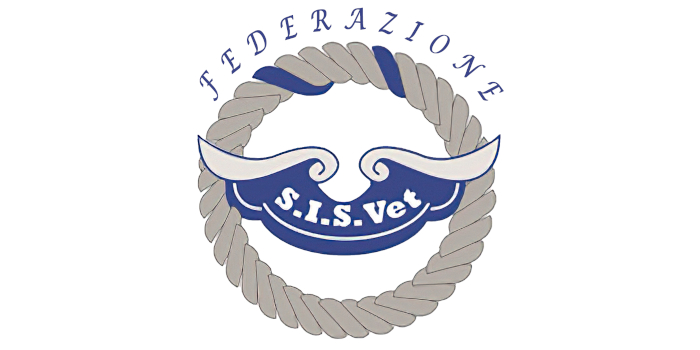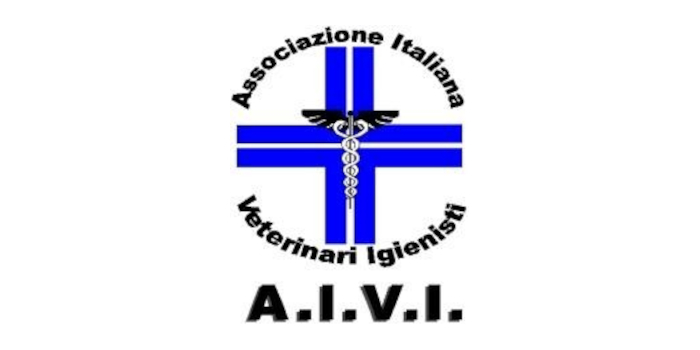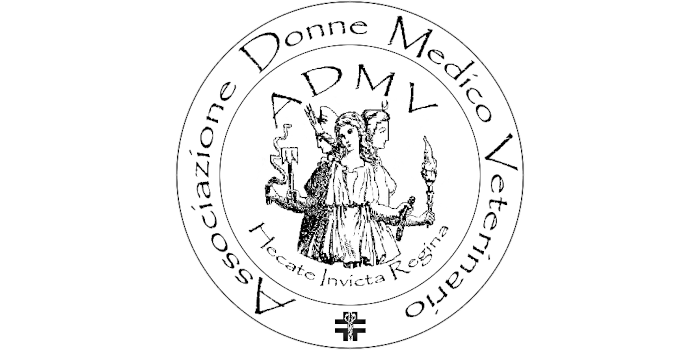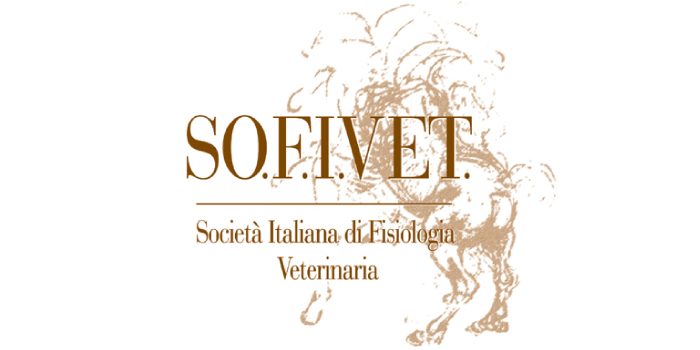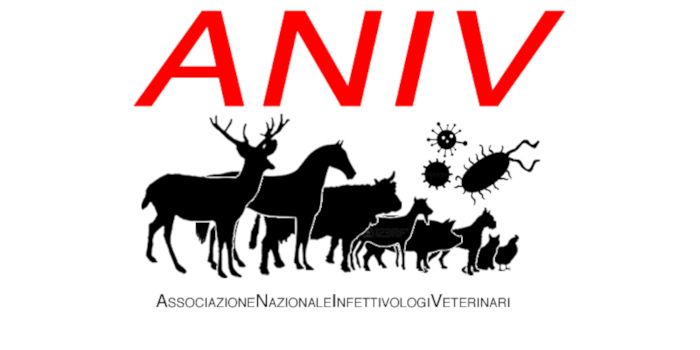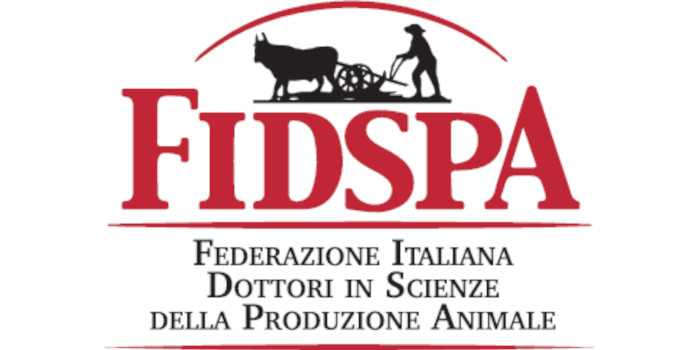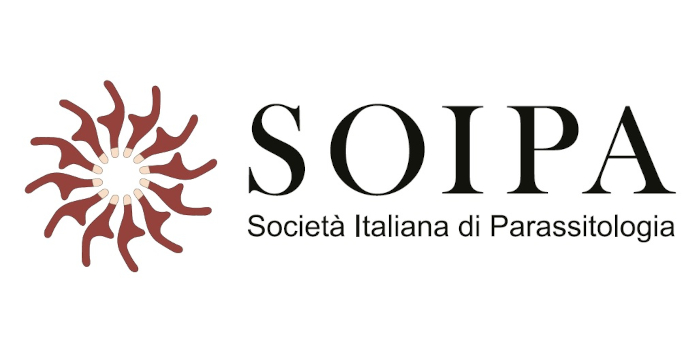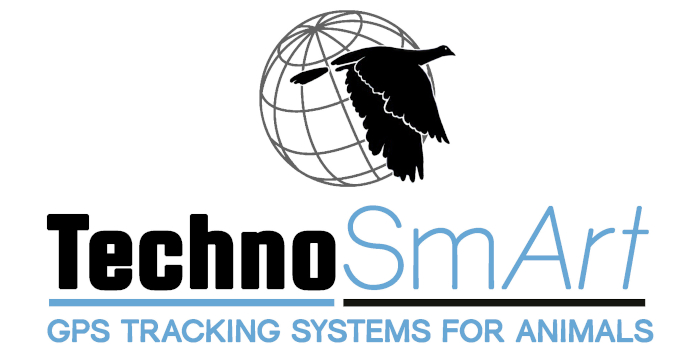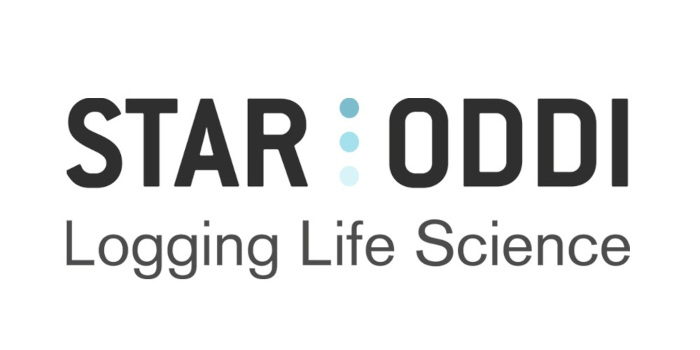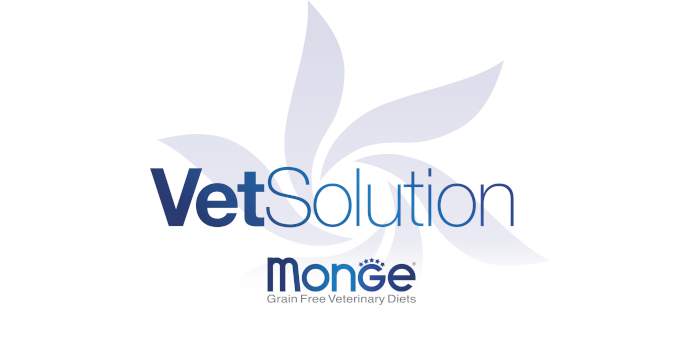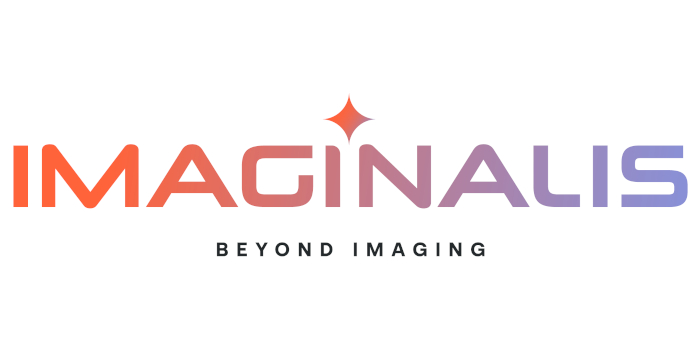SPECIAL SESSION #4
Metrology in Food Production Chain
ORGANIZED BY
Andrea Armani
Dipartimento di Scienze Veterinarie, Università di Pisa
Raffaella Branciari
Dipartimento di Medicina Veterinaria, Università degli Studi di Perugia
Raffaele Marrone
Dipartimento di Medicina Veterinaria e Produzioni Animali, Università degli Studi di Napoli Federico II
Felice Panebianco
Dipartimento di Scienze Veterinarie, Università degli Studi di Torino
ABSTRACT
Metrology, the science of measurement, is essential to the agri-food sector, contributing to food quality, safety, and traceability across the entire food supply chain, from production through to consumption. By embedding metrological principles in food production processes, the industry enhances its ability to implement precise hazard controls, addressing contemporary food safety threats with heightened accuracy. Metrology facilitates advancements in food analysis by enabling highly sensitive, accurate, and standardised analytical methods, thus ensuring consistency and reliability across laboratories and bolstering confidence in the data generated.
This rigour is fundamental to safeguarding consumers, allowing the food industry to maintain high safety and quality standards across the "farm-to-fork" chain. Both traditional foods and novel food products, including those derived from unconventional sources like game meat, benefit from these robust measurement practices. Such methodologies are critical for verifying foods' authenticity, quality, and safety, adapting flexibly as new production techniques and food types emerge.
Metrological tools play a pivotal role within the food production network by supporting traceability, detecting contaminants, and ensuring compliance with regulatory standards. By reinforcing trust in food quality and safety, metrology contributes to public health protection and promotes consumer confidence, establishing itself as an indispensable pillar of the modern agri-food system.
Keywords: traditional food, novel food, game meat, metrological tools, food safety
ABOUT THE ORGANIZERS
The research activity of Prof. Andrea Armani regards health and commercial issues affecting the seafood supply chain. He is particularly concerned in combatting frauds with the aim to protect trade’s fairness and consumers’ health. He developed new molecular methods for seafood identification using conventional and real time Multiplex PCR, FINS and DNA Barcoding. Recently, he started new research lines such as the application of 16s metabarcoding by NGS technologies for the identification of multispecies seafood products and food microbiota analysis. He is the leader of the FishLab, a laboratory dealing with safety, quality and traceability of seafood products. The FishLab is characterized by a continuous collaboration with institutional, private and official laboratories working on food inspection and control. He has been also actively involved in projects focusing on seafood risk management. In particular, he works on parasitological and toxicological issues. He is a member of the editorial board of Food Control, author of more than 110 papers. He participated in National and International research projects.
Raffaella Branciari carried out research activities in hygienic, sanitary, quality and technological aspects of foods of animal origin including novel food and game meat. Topics include food processing, evaluation of chemical physical and organoleptic properties of food of animal origin, study of shelf life, food safety, risk assessment, chemical and microbial contaminant and traceability. She collaborates with several national and international research groups and she is a task leader of 4 research projects and one International project. In the last years, she studied the implementation of plant-derived antibacterial compounds for controlling zoonotic pathogens which contaminate food-producing animals and their product. She is a member of the editorial board of several journals, author of more than 120 papers and a participant in National and International research projects.
Raffaele Marrone graduated in Veterinary Medicine at the University of Naples Federico II and got a Ph.D. in “Health and production of animal origin food” at the University of Naples. He is associate professor of food hygiene at the University of Naples Federico II. He is is National Secretary of the AIVI and Director of the training course in "Control of Supply chain of fishery products". His research deals mainly with chemical composition of food of animal origin. He was involved in several research project in the field of food inspection techniques and chemical analysis of foods. He is interested in several aspects of food hygiene and technologies, examines safety of the animal origin food products, their production technologies, storage conditions and food legislation, as well as makes the microbiologic, toxicologic and chemical analyses of the foods and interprets the results for the public health. He is involved in several research project in the field of food inspection techniques and chemical. He is member of the editorial board of several journals and participant to National and International research projects.
Felice Panebianco is Doctor of Veterinary Medicine, specialised in Hygiene and Control of Fishery and Aquaculture Products, with a PhD in Food Science and Technology. Senior researcher at the Department of Veterinary Sciences of the University of Turin. He has conducted research at several international institutions, including the DTU (Denmark), the University of León (Spain), and the University of Beira Interior (Portugal). His research primarily focuses on food safety and veterinary public health, with key interests in studying the behaviour of pathogenic and spoilage bacteria in food, particularly in fish and dairy products. He also explores the issue of microbial biofilm in the food industry and the employment of innovative strategies to control environmental contamination in food processing environments. Additionally, his work includes the safety assessment of ethnic seafood sold in Europe, the microbiological characterisation of dry-aged fish, the use of MALDI-TOF MS for the identification and subtyping of foodborne pathogens, and the study of foodborne parasites. He is involved in numerous national and international research projects and serves as an editor and reviewer for several journals.



